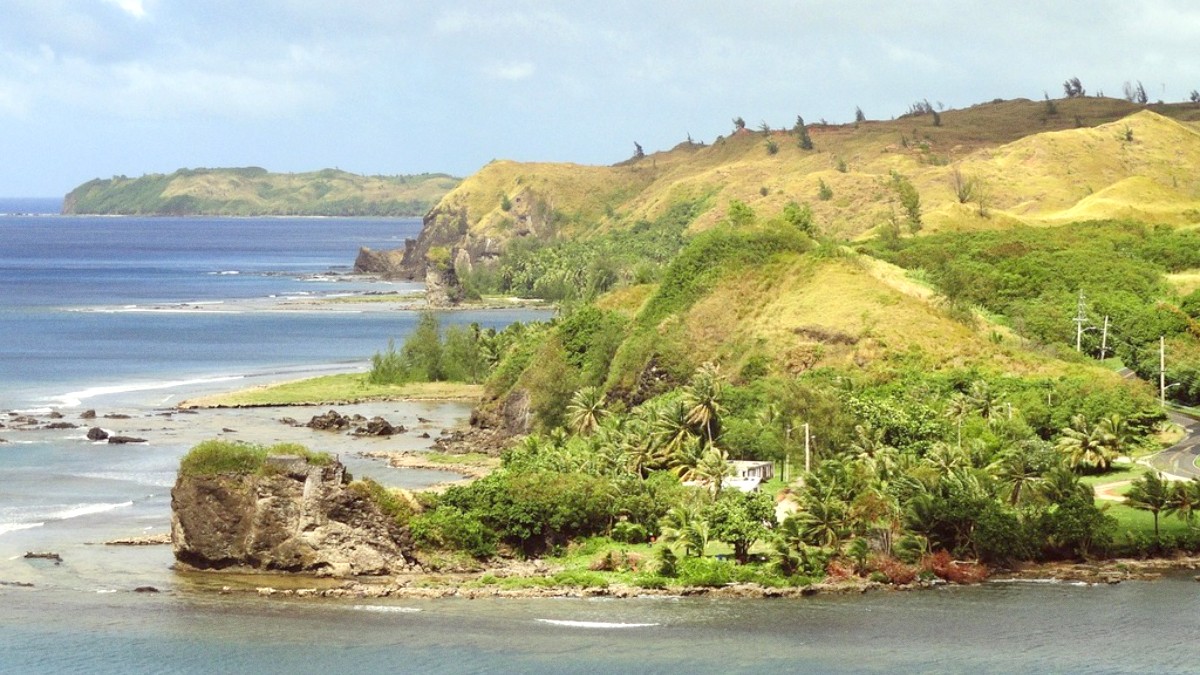
Guam has marine preserves and wildlife refuges. Respect boundaries.
Minimize waste production. Bring a Reusable water bottle.
Freshwater resources are limited. Be mindful of usage in hotels.
Your actions contribute to protecting Guam's unique ecosystems.
Focus on protecting coral reefs, native bird species (some of which are endangered), and preserving the island's unique flora.
Consider offsetting the carbon emissions from your flights to and from Guam. Many airlines have carbon offset programs during booking.
Research and choose hotels or tour operators that demonstrate a commitment to environmental sustainability.
Make sustainable choices for your travel gear and everyday products to minimize environmental footprint.
Choose hotels or tour operators committed to sustainability.
Ecobnb for eco-friendly accommodationConsider sustainable outdoor gear and reusable products.
Patagonia for outdoor gear Package Free Shop for reusable productsUse reef-safe sunscreen when swimming or snorkeling to protect Guam's marine environment.
Respect Chamorro heritage and interact thoughtfully with the local community.
Many initiatives try to preserve the Chamorro language, traditional arts, and historical sites.
Use "Håfa Adai" as a greeting. Chamorro culture values respect, notably for elders.
Always ask for permission before taking photos of individuals, especially children, or in cultural settings.
When visiting churches or other religious sites, dress modestly (shoulders and knees covered).
Support ethical tourism by choosing operators and practices that align with community well-being.
Employ local guides.
Choose tours that benefit local communities. G Adventures for ethical tours.
Support businesses with fair trade practices.
Your travel choices can contribute positively to cultural preservation and the well-being of local communities on Guam.
Your travel choices create a direct and positive economic footprint on the local community.
Support attractions that directly involve and benefit local communities.
When purchasing souvenirs, seek out locally made crafts and artisan products.
Eat at local "plate lunch" spots and family-owned restaurants rather than always choosing international chains.
Be aware of any activities that might exploit local people or animals.
Research local non-profit organizations or charities that work on education, environmental conservation, or community development.
Direct donations to established organizations.
More effective than individual handouts.
Support groups like The Rainforest Site.
Ensure your activities benefit local people and preserve the environment. Avoid any practices that could lead to exploitation or harm to the community or natural resources.